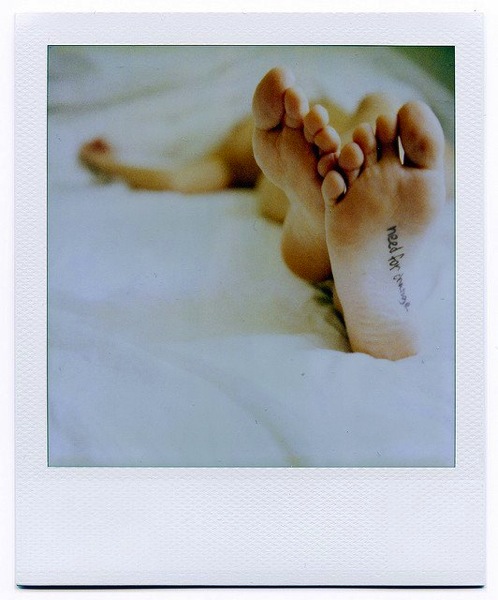[dropcap]S[/dropcap]ometimes you just don't want to get out of bed and you wonder how to get better sleep. You think of the comfort of your pillow, the warmth of your blanket and if your lucky, the warmth of your partner.
But is this really it?
I mean you want to get up, you have to get up but for some reason your brain is holding you back. You still feel incredibly tired, like you never slept at all.

This feeling transpires throughout the day, effecting your performance and cognitive function. You have little to no energy and all you can think about is the warm bed you wish you never got out of.
Since you often wonder how to get better sleep so I'm going to share with you a few ways to help do just that. Be warned that if you're sleeping patterns do not change, I highly recommend you see a medical professional.
How to get better sleep
Sleep is an important role for every human being, it's how we repair both mentally and physically [Tweet This]. But boy has our habits changed over the years. At five years old the average healthy child gets 9 hours of sleep. Don't you wish? Teenagers get 8 hours of sleep and by the time we're 40 the average person will get an average of 7 hours of sleep. This continues to get worse as we age and by the time were 55 - 80 we will only get 6 hours of sleep.
The reason for this generational change is subject for another article but you need to begin making changes today. You need to transform your thinking from how to get better sleep to why you get AMAZING sleep. There's an underlying issue/s that's blocking your ability to go to bed and get quality sleep.
1) Stimulus Control - This technique is to create a better "sleep-wake" pattern by associating bedtime with only sleeping and nothing else. When you go to bed, you're to only be there to fall asleep. Here's what to do:
- Only go to bed if you feel tired. If your energetic you'll be tossing and turning, unable to fall asleep.
- Don't take naps later in the day.
- Create a routine and get up at the same time every morning.
- If you can't fall asleep, get out of bed.
- Do not read, watch television or eat in the bedroom.
2) Sleep hygiene - The sleep hygiene technique is to control all environmental and behavioral factors that may interfere with sleep. Try focusing on these few things to help you fall asleep. For most people these few techniques directly answer the "how to get better sleep" question.
- Avoid caffeine and alcohol at least 6 hours before bed.
- Exercise intensely only in the morning or afternoon. Yoga or stretching is fine before bed.
- Avoid large or spicy foods right before bed.
- Make sure your sleep environment is relaxing. Not to hot, not to cold and no light.
- Avoid all nicotine before bed.
- Clear your head and put all thoughts on paper. You can further process them in the morning.
3) Relaxation techniques - Relaxing before bed is one of the most abused practices by entrepreneurs. Whether you're working, planning for the next day or have 100 things racing in your mind you never fully get to relax. Relaxation techniques is the process where you reduce physical tension and limit thinking about things that can affect you falling asleep, such as work or current stresses.The key is creating a peaceful environment both mentally and physically.
One way to do this is through progressive muscle relaxation. This technique teaches you to tense and relax muscles throughout your body. It creates bodily awareness by connecting the mind to the areas where tension is created.
The key to relaxation techniques isn't to worry about getting enough sleep. Once you begin worrying about sleep, you create the self inflicting problem of not sleeping. Focus on your mind and body, nothing else.
4) Bright light therapy - If you fall asleep after midnight and have trouble waking up in the morning, you may very well have delayed sleep disorder. 3 out of every 2,000 people are effected by this. It's a condition that shifts what is considered a normal sleeping pattern outside the social norm.
Although testing is still being conducted, bright light therapy may be a practical solution for your problem. Bright light therapy is used to manage your circadian rhythm by delivering light directly to the retina right after spontaneous awakening. If you have a sleeping pattern outside of the social norm, I recommend you look further into bright light therapy.
Sleeping is a crucial part of your brains development and if you want to become a superhuman executive then your mind and body needs to perform at peak performance. Nothing good comes out of sleep disorders. By targeting and correcting the issues you'll get better sleep, improved cognitive function and feel great.
Finally, never, ever take sleeping aids for prolonged periods of time. This would be like putting a band-aid over a broken finger. It may mask the problem but your finger will still be deformed and not function as its supposed to.
P.S. Do you want to learn more about the effects of not enough sleep? Click here.


